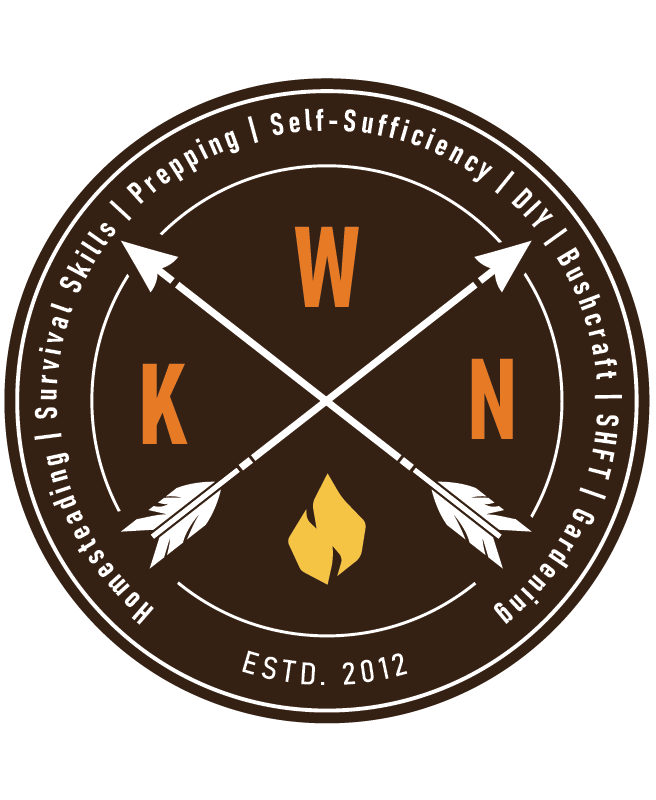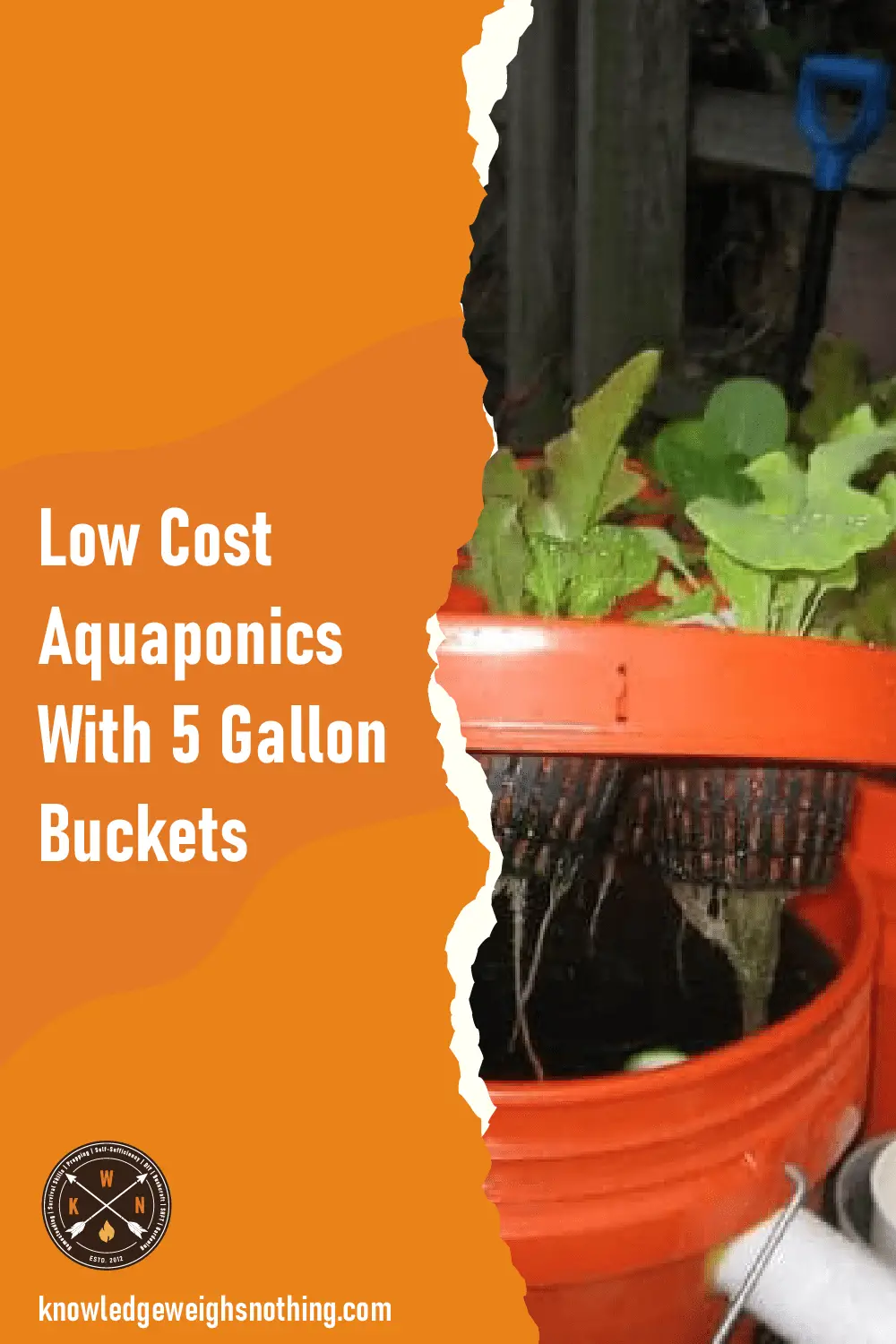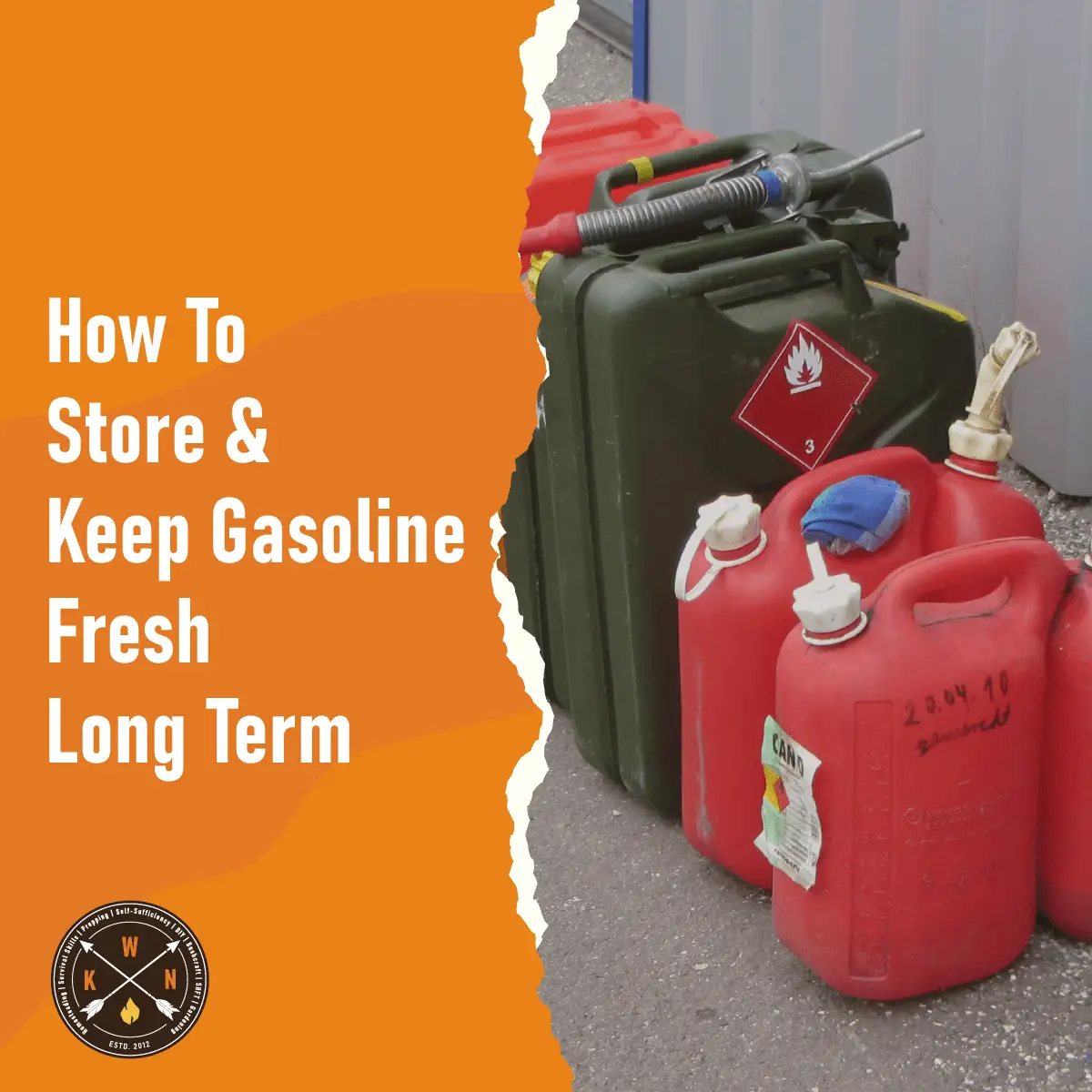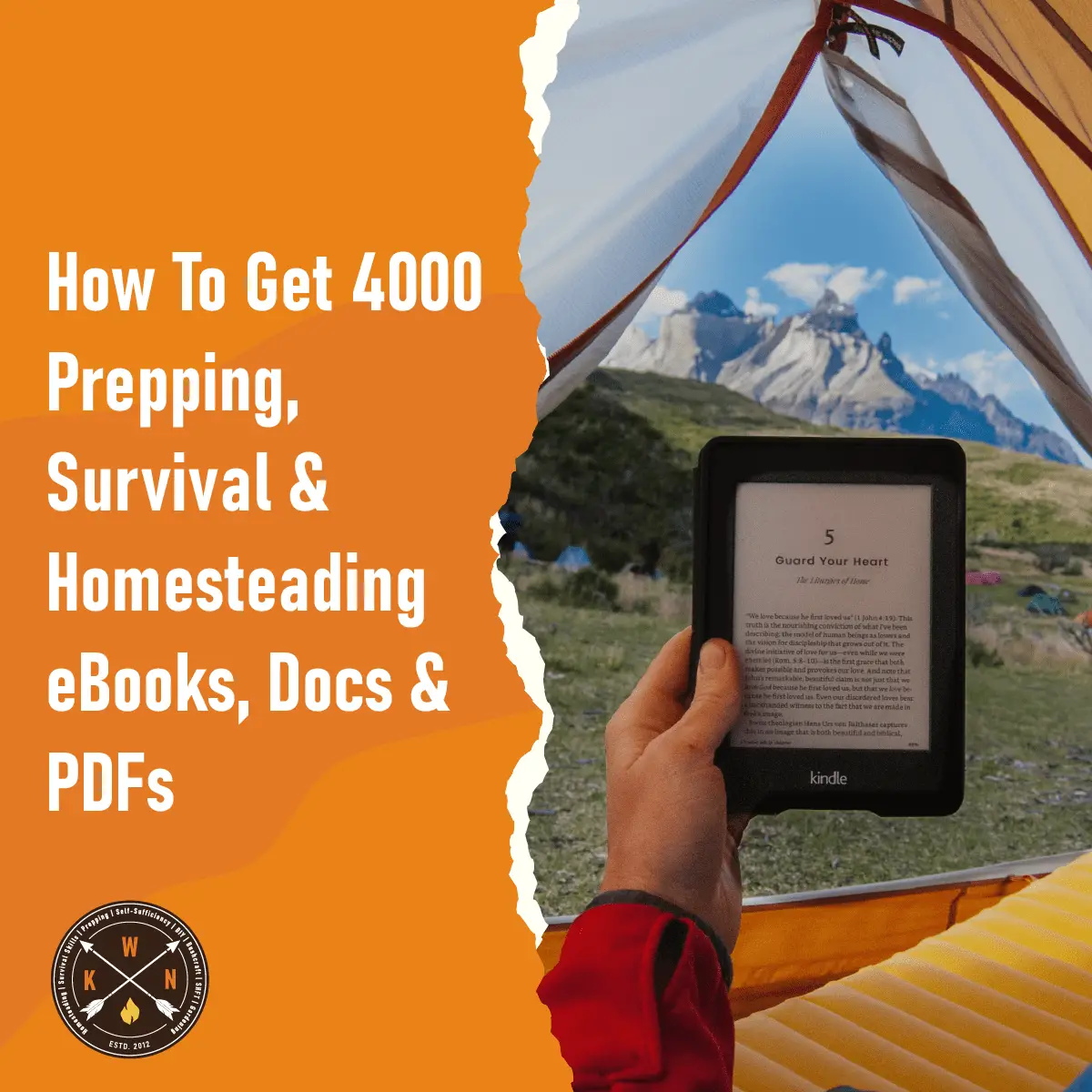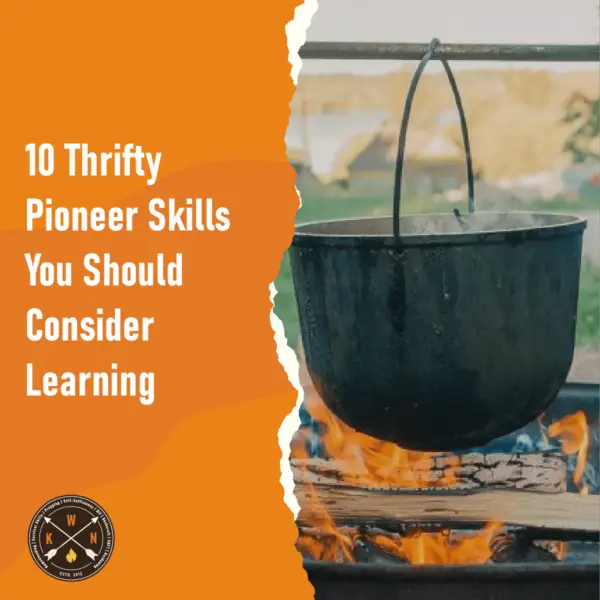
Leaning some pioneer skills and traditions, in this day and age doesn’t necessarily mean living off the grid by yourself with no modern conveniences – although it could if that’s what you’re aiming for. In fact, homesteading just means living a more minimalist lifestyle without the added stress that day-to-day materialism can bring. It also means that you’re prepared for every eventuality in the event of an emergency and has the skills (like these pioneer skills!) to survive with fewer conveniences – actually living a much healthier and more natural lifestyle.
If this sounds like the ideal life for you, there are a few essential pioneer skills that you’ll want to get your head around. Below you will find 10 pioneer skills that I believe can be as valuable to learn today as they were in the times of the early pioneers.
Table of Contents
Toggle10 Pioneer Skills That Would Benefit Us All
1.Vegetable/Fruit/Herb Gardening
Being able to grow your own vegetables and herbs was an essential pioneer skill. Anyone who’s trying to be more self-sufficient should learn as much as they can about growing their own food. Even if you have limited space, you can start off with just a small planter or a few large flowerpots. Once you have one successful season, you can use the seeds from those vegetables to grow more for your next harvest, so you’re completely self-sufficient.
The herbs you grow can also have their roots split each season, meaning you can grow multiple versions of the same herb – ensuring its success. The herbs you grow won’t just flavor your food but can provide essential medicines if you’re sick too.
Being able to identify and use herbs and plants as medicines was a vital pioneer skill back in the day. There are plenty of books on the subject if you want to know more about using nature as your medicine cabinet.
2. First Aid
Even if you aren’t a medical professional, having basic first aid skills – learning how to dress wounds, how to deal with seizures or how to treat minor sickness – can be a real asset. When there’s a medical emergency, it’s the seconds that count and if you plan to live off-the-grid, it’s unlikely that a hospital will be nearby.
Basic field first aid was a vital pioneer skill as often pioneers would be isolated and many miles away from a doctor.
A good medical book will give you the basics of medical care and books on herb law could help you alleviate minor illnesses using what plants etc are available in your local environment.
3. Hunting & Butchering
You can’t survive on vegetables alone, so you’ll need meat or fish to provide some protein. Pioneers were often very skilled hunters and trappers. Learning how to hunt, set traps, fish and then butcher and serve up your hard-earned catch is a valuable pioneer skill to learn. It can save you time and money and also means that you aren’t wasteful. You’ll be able to save and use every little bit. This is one of the toughest skills to learn and will take a few attempts. But practice makes perfect, you’ll soon be plucking birds in your sleep.
4. DIY & Home Maintenance
Living as a homesteader will mean you can’t get the decorators in to fix your log cabin or home, so you’ll need to learn the essential skills of carpentry, plumbing, masonry, and tool maintenance. Although books will get you so far, nothing works as well as experience. Practice building shelves, plastering, building outbuildings, and fixing broken furniture. With enough practice, you’ll be able to build a home for yourself from scratch – but start with baby steps.
5. Keeping Animals
Keeping cows, chickens, pigs, and sheep can give you fresh meat, dairy products, and wool. Fresh eggs from free-range chickens are much better for you than the eggs purchased at the store and they can even give you a revenue stream. Selling eggs, milk and clean wool to local businesses or bartering with neighbouring homesteads can create a community and secure your future.
6. Candle Making
Unless you plan to run your home on a battery-powered generator constantly, you’ll need a way to provide light for your home. Making candles can be quick, easy, and cheap if you know what you’re doing. Soy wax comes in solid cubes. You can cut off chunks, melt them over boiling water and dip in a wick (the thin string will also work). Then let it dry and dip again until you get the desired thickness.
7. Soap Creation
Cleanliness is massively important for your health, so you’ll need to stay clean, even if you live out in the sticks by yourself. Cold process soap making takes practice and can be a long process. However, the soap you get at the end can be stored for months and still be just as effective. It’s best to get a step-by-step guide on how to do this, as chemicals such as lye can be dangerous if used incorrectly.
8. Preserving
Preserving foods is a key skill to get you through the winter. Fruits can be canned and reduced to jam if necessary, but meats can easily go off if they’re left. You’ll need to pressure can any meat to avoid botulism.
You can also strip any meat of the fat and leave it to dry in the sun throughout the summer months creating a long-lasting jerky.
9. Starting a Fire
Keeping warm in winter can be a challenge without electricity, so you’re going to need to be able to create a hot fire. The secret to this is finding the right wood and storing it correctly. Hickory or locust wood will give you a hotter fire and it’ll burn for longer. It’s possible to just use fallen and dead wood too if you happen to live near a forest. However, you’ll need to create a wood store to ensure your wood is completely dry before you use it, otherwise, it just won’t heat up. Keep a constant collection of firewood so you never run out and let each piece dry for at least a week before use.
10. Vehicle Maintenance or Horse Riding
Make sure you have a how-to guide to fix your car. Actually, buying older vehicles (check out our post on buying ex-military vehicles as you can bag amazing deals) can be a positive in this case, as modern cars tend to operate on a computerized system which is harder to fix without the proper tools . You’ll need to be able to do the basics – change a tire, the oil, check engine fluids.
If all else fails, take up horse riding. It’s becoming a lost art, but there’s no substitute for a good, reliable horse in a crisis.
Pioneer Skill Summary
Homesteading is seen by many as a thing of the past – but actually, the lifestyle presents many great positives, especially during these uncertain times. You’ll learn some excellent new life skills; you’ll help the environment by growing and nurturing your own food and using fewer fossil fuels and you’ll find everything you do rewarding because you’ve worked hard to achieve it. Living within a homestead community can also bring you closer to family and friends and provide a comfortable, safe, and stress-free way of living.
